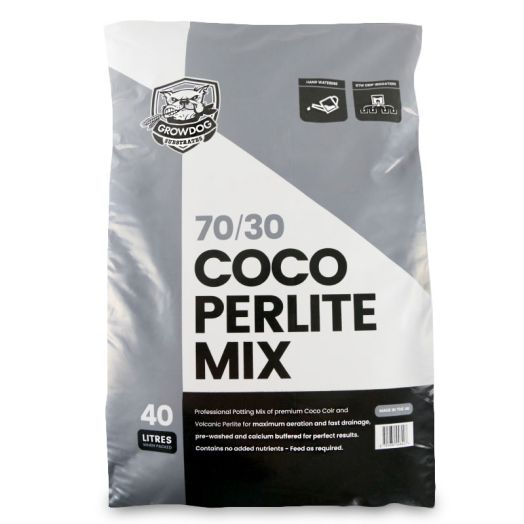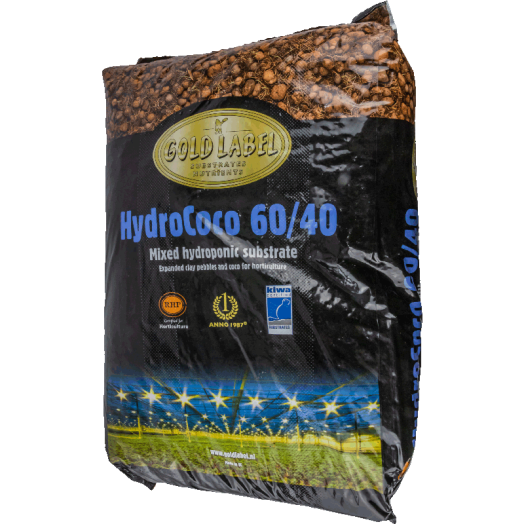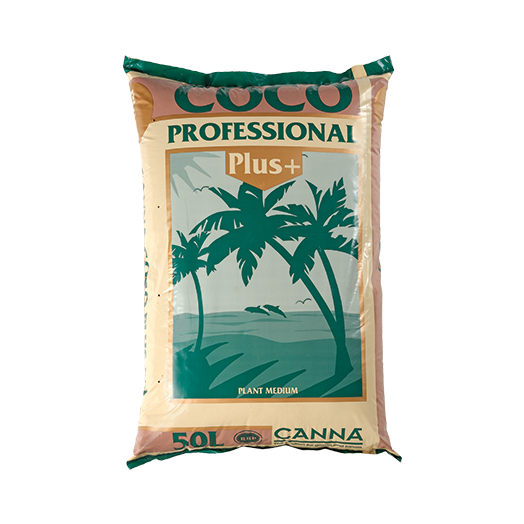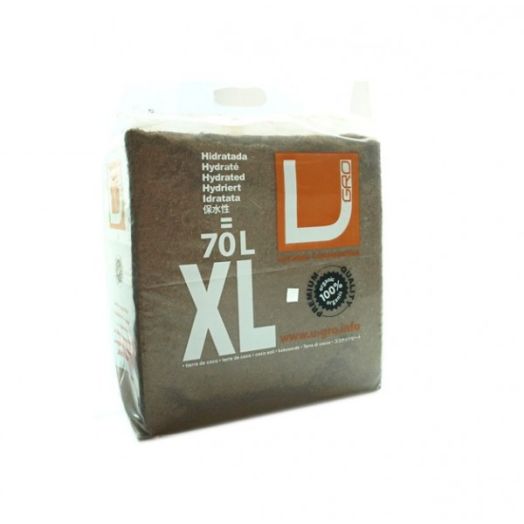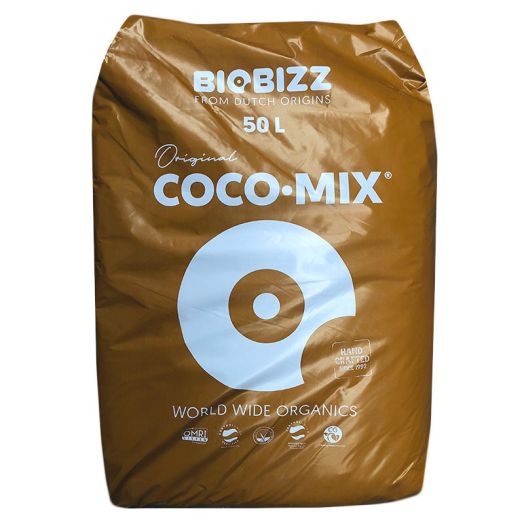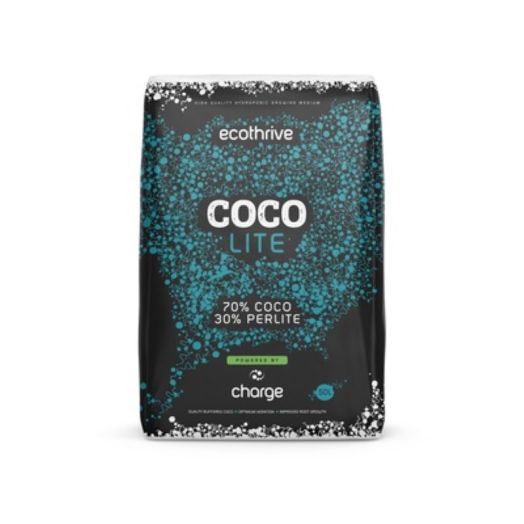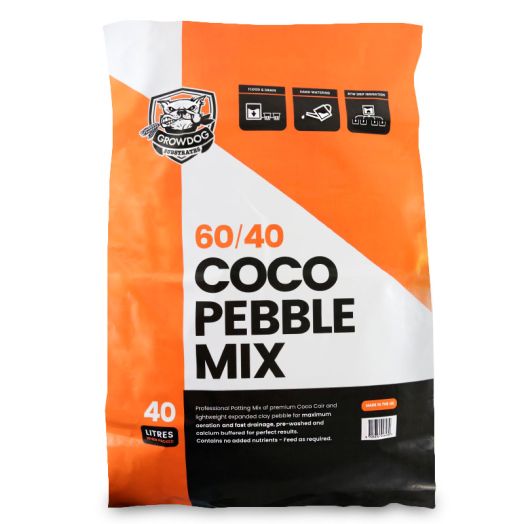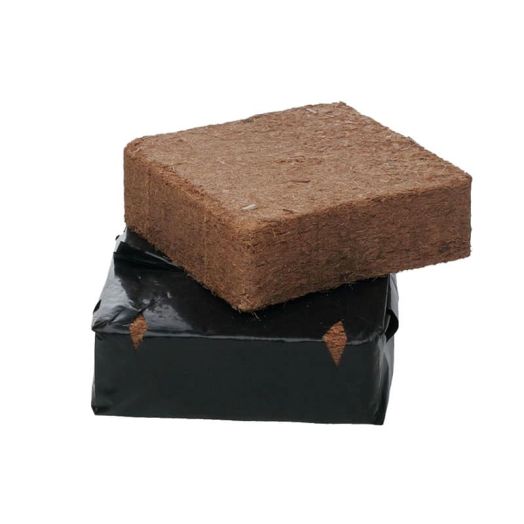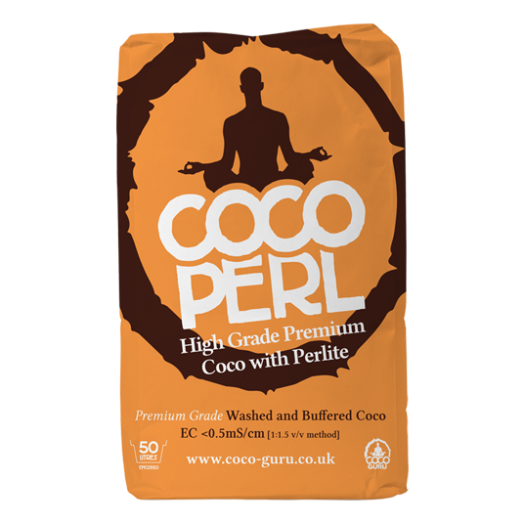Coco Coir

Coco Coir is the processed husk of coconuts which is manufactured as a by-product from the edible coconut industry. Due to this, Coco Coir is fully renewable and comes without any of the environmental concerns other non-renewable substrates such as perlite, vermiculite and peat have surrounding them due to the harvesting processes which strip mine large areas. Many people consider Coco to be perfect for horticultural purposes because of its characteristic water retention, structure and air gaps that provide the perfect environment for profuse root growth. View our buyers guide For more info on Coco Coir
Coco Coir
Coco Coir is the ideal substrate if you're emigrating from soil to hydroponic methods - you can continue hand feeding in a similar way to soil and your garden will have the same look and feel but you’ll get a faster rate of growth due to the increased frequency of watering. You could also automate your watering schedule so you can leave your garden unattended for longer periods of time.
Coco Coir requires an extensive processing stage before it's ready for our horticultural uses, with the husk being soaked in water to loosen it for removal, then dried for up to a year, aged and then the remaining salt must be washed out. All our coir products are suitable for hydroponic purposes.
While Coco is mostly inert, it can contain high amounts of potassium which can cause interaction effects with calcium and magnesium, possibly leading to a CalMag deficiency. Nutrient feeds developed for coco often have a high amount of Cal-Mag to accommodate the high levels of potassium and offset any chance of a CalMag deficiency. While a Coco formulated feed is recommended, you can get good results with normal hydroponic feed if you add 250-500 ppm calmag first.
Many growers add perlite to their coco to help improve the drainage qualities of their substrate mix. Perlite also helps decrease the chances of damping off of young plants or seedlings so it’s particularly useful to add perlite at the early stages.
While you can re-use coco coir as long as you rinse any leftover nutrient from the substrate first, re-use is more likely to spread disease across or between crops in a cycle so we recommend buying fresh batches each cycle.
If you’re unsure of the best coco coir for your plants, get in touch with our specialist team on 0800 085 7995 or email us as we can advise you on the best range for your plant type, budget and space.

